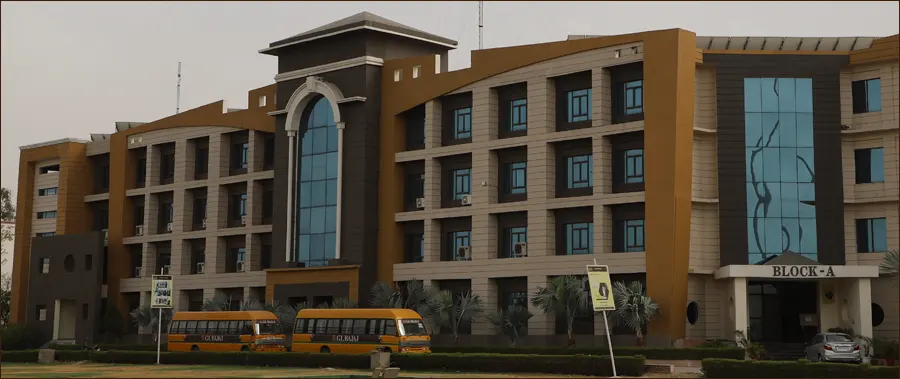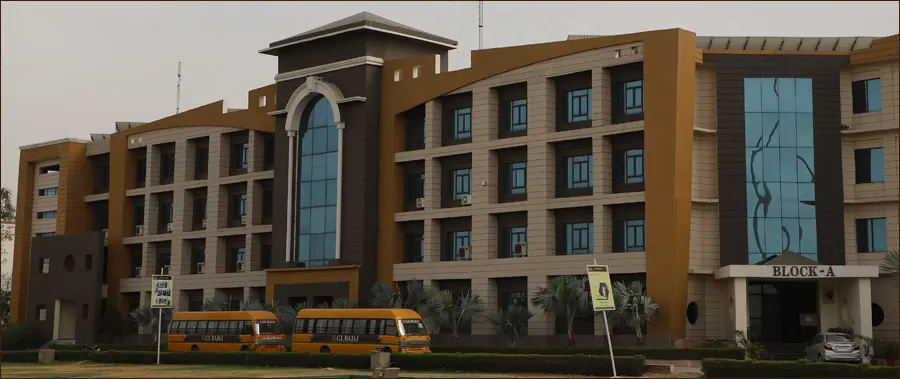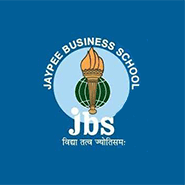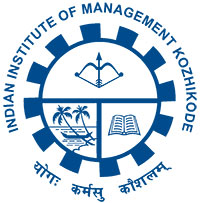The Computer Science and Engineering program at GL Bajaj Group of Institutions is designed to provide students with a strong foundation in the theoretical and practical aspects of computer science. The curriculum covers a wide range of topics, including programming, algorithms, data structures, computer systems, databases, software engineering, and artificial intelligence.
The program is delivered by a team of experienced and highly qualified faculty members who are dedicated to providing students with a high-quality education. The faculty members are active researchers in their respective fields, and they bring their latest research findings into the classroom to give students an understanding of the latest advances in the field.
In addition to the classroom instruction, students also have the opportunity to participate in hands-on projects, internships, and research opportunities. These opportunities allow students to apply their knowledge in real-world settings and gain valuable experience in the field.
The program also emphasizes the importance of soft skills such as communication, teamwork, and leadership. These skills are essential for success in today's rapidly changing business environment, and the program prepares students to be well-rounded professionals who can succeed in a variety of roles.
In summary, the Computer Science and Engineering program at GL Bajaj Group of Institutions provides students with a comprehensive education in the field of computer science. The curriculum covers a wide range of topics, and students have the opportunity to gain hands-on experience through projects, internships, and research opportunities. The program also places a strong emphasis on soft skills, preparing students to be well-rounded professionals who can succeed in the rapidly changing business environment.
| Program | Duration | Affiliating University | Approvals | Intake |
|---|---|---|---|---|
| B.Tech | 4 years | Dr. A.P.J. Abdul Kalam Technical University | AICTE | 180 |
Program Educational Objectives
- 1.To produce graduates who have a strong foundation of knowledge and skills in the field of Mathematics, Computer Science and Engineering and it’s emerging fields.
- 2.To develop graduates who can go for higher education or work in industries, public sectors, research groups, or start their own business, and solve global challenges in related fields.
- 3.To develop lifelong learning skills with an ability to identify the emerging areas and changing career scenarios.
Program Outcomes
At the end of the Engineering program the learner will possess the:
- 1.Engineering Knowledge
Apply the knowledge of mathematics, science, engineering fundamentals, and an engineering specialization to the solution of complex engineering problems. - 2.Problem Analysis
Identify, formulate, review research literature, and analyze complex engineering problems reaching substantiated conclusions using first principles of mathematics, natural sciences, and engineering sciences. - 3.Design/Development of Solutions
Design solutions for complex engineering problems and design system components or processes that meet the specified needs with appropriate consideration for the public health and safety, and the cultural, societal, and environmental considerations. - 4.Conduct Investigations of Complex Problems
Use research-based knowledge and research methods including design of experiments, analysis and interpretation of data, and synthesis of the information to provide valid conclusions. - 5.Modern Tool Usage
Create, select, and apply appropriate techniques, resources, and modern engineering and IT tools including prediction and modeling to complex engineering activities with an understanding of the limitations. - 6.The Engineer and Society
Apply reasoning informed by the contextual knowledge to assess societal,health, safety, legal and cultural issues and the consequent responsibilities relevant to the professional engineering practice. - 7.Environment and Sustainability
Understand the impact of the professional engineering solutions in societal and environmental contexts, and demonstrate the knowledge of, and need for sustainable development. - 8.Ethics
Apply ethical principles and commit to professional ethics and responsibilities and norms of the engineering practice. - 9.Individual and Team Work
Function effectively as an individual, and as a member or leader in diverse teams, and in multidisciplinary settings. - 10.Communication
Communicate effectively on complex engineering activities with the engineering community and with society at large, such as, being able to comprehend and write effective reports and design documentation, make effective presentations, and give and receive clear instructions. - 11.Project Management and Finance
Demonstrate knowledge and understanding of the engineering and management principles and apply these to one’s own work, as a member and leader. - 12.Life-long Learning
Recognize the need for, and have the preparation and ability to engage in independent and life-long learning in the broadest context of technological change.
Program Specific Outcomes
- 1.Empowering students to create tools and applications to tackle societal issues.
- 2.Students will acquire the competence to develop solutions for real world problems using machine learning platforms.






